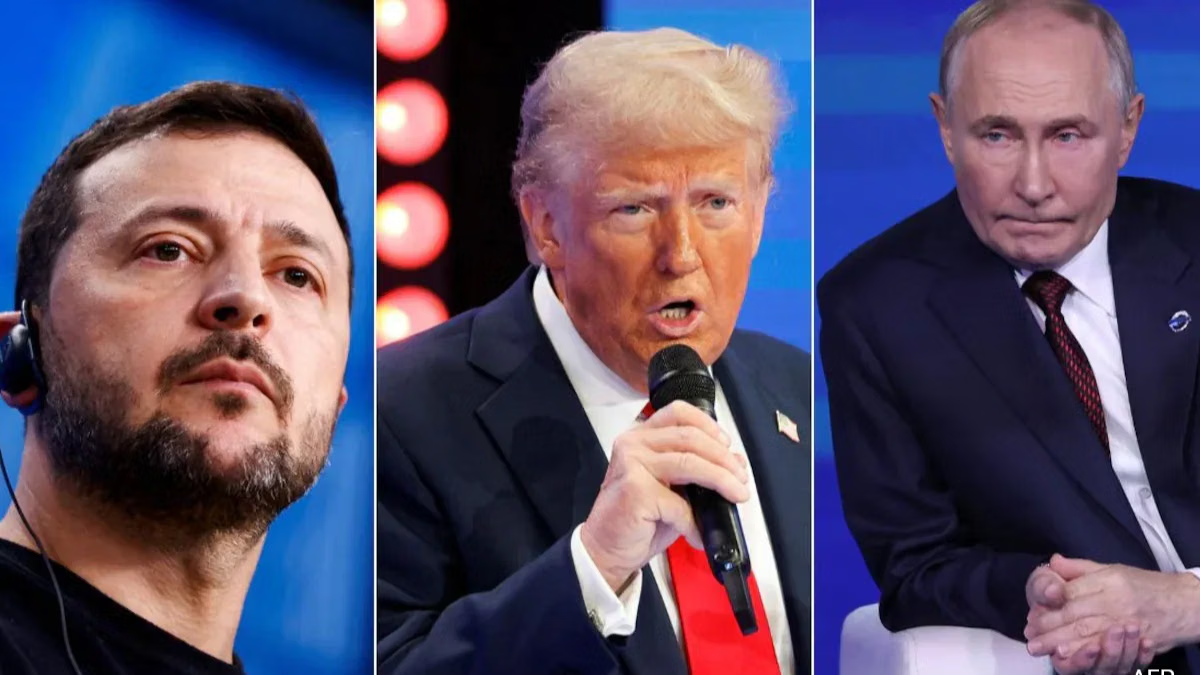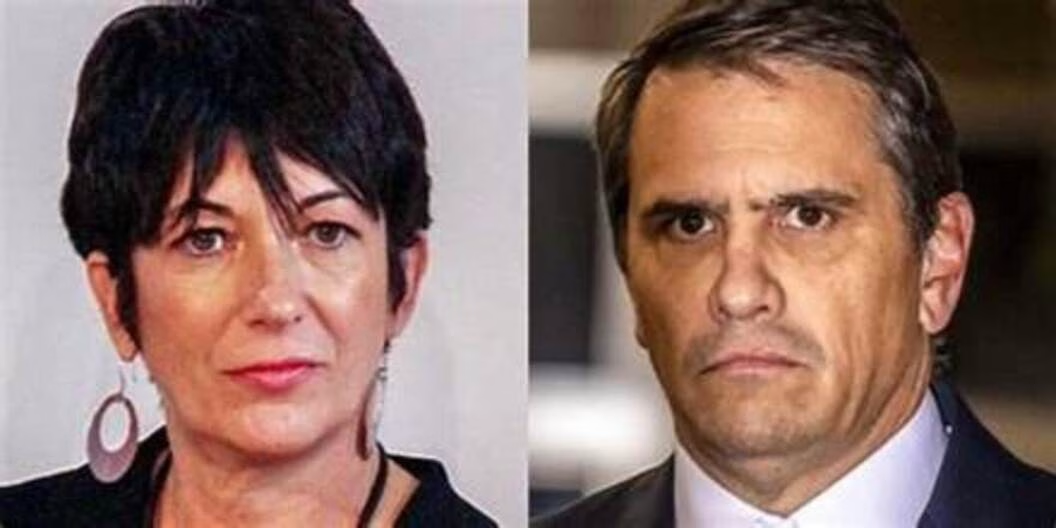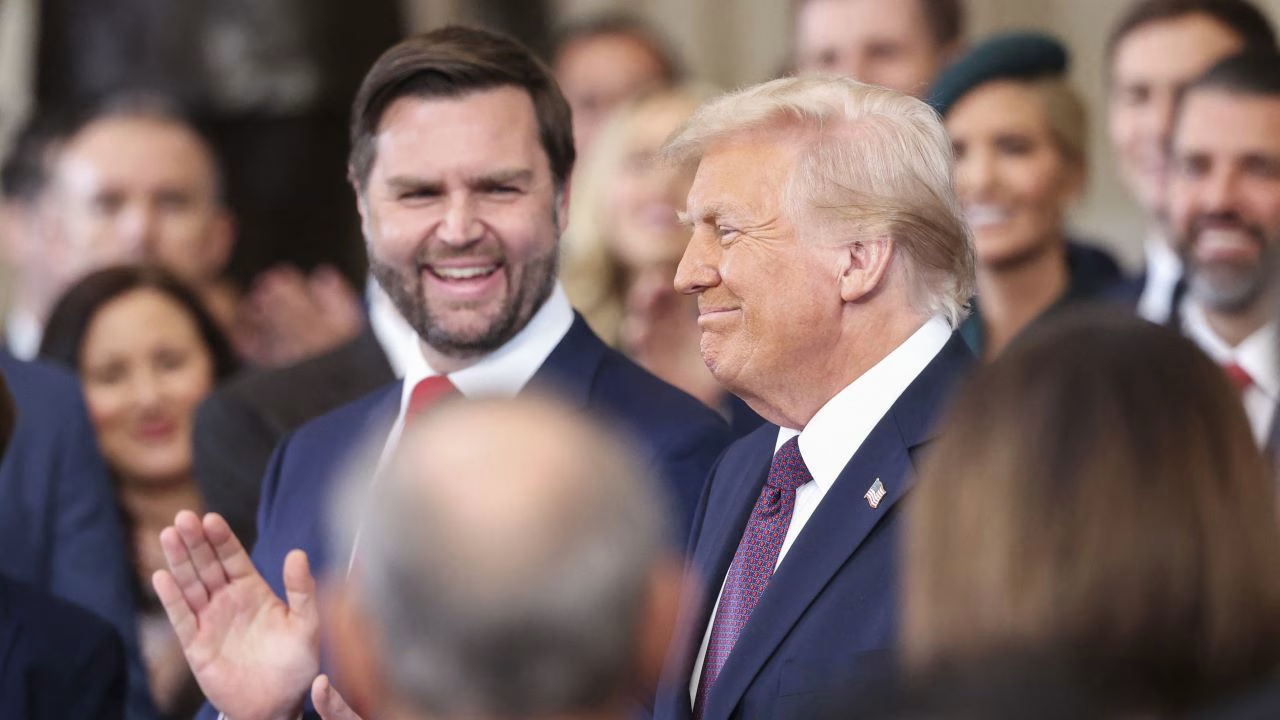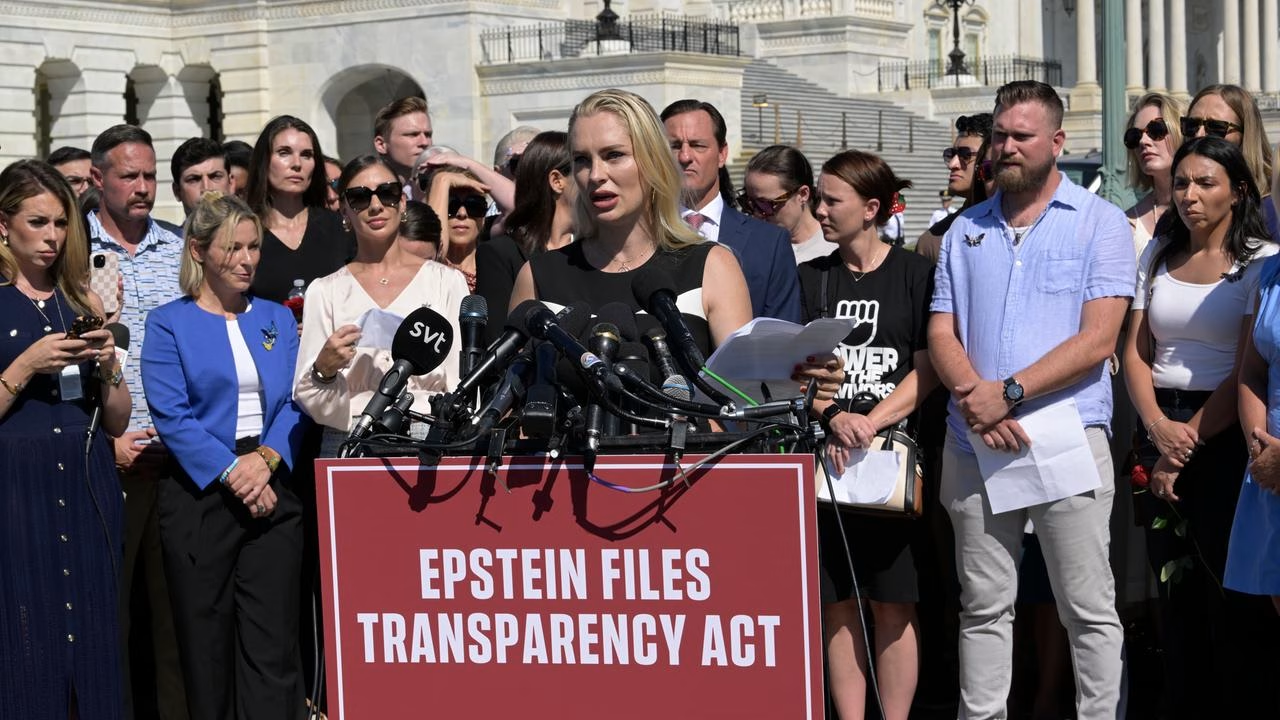By Ben Emos | Monday, September 07, 2025 | 7 min read
The path to peace in Ukraine has never been wide, but it is getting tighter by the day. Wars end not only on battlefields but also in backrooms, where power, money, and leverage dictate whether leaders choose dialogue or escalation. For Vladimir Putin, peace has always been tied to control. And when he senses that control slipping, the incentive to compromise fades.
Donald Trump may play a surprising role in that calculus. For years, Putin’s influence over Trump rested on three overlapping foundations: secrets, money, and dependency. Each of these gave the Kremlin leader leverage. But now, each appears shakier than before — and that instability has consequences for the war in Ukraine.
First, there are the secrets of the 2016 election. Few doubt that Putin knows more about what actually happened than Trump has ever admitted. That knowledge was its own form of power, a silent pressure point that kept Trump wary. But Trump has never been one to dwell on the past, particularly when it involves his legitimacy. If he has decided that whatever Putin holds over him is less relevant today, that weakens the Russian president’s leverage. A secret only matters if the other party fears its exposure.
Second, money. Trump’s long-standing eagerness to pursue deals in Moscow once gave Putin a clear channel of influence. A businessman who constantly hunted for financing could always be nudged with the prospect of partnership or investment. But if Trump has found new streams of wealth and political backing — from U.S. donors, or from relationships with Gulf states like Saudi Arabia and Qatar — then Moscow is no longer as central to his financial universe. For Putin, this is dangerous. If Trump doesn’t need him for money, he can’t be steered with promises or threats tied to it.
The recent revelation that Trump obtained a used plane from Qatar drives this home. In Putin’s world, gifts and favors create obligations. A plane is not just a piece of hardware — it’s a symbol of intimacy, a bond that says, “We take care of each other.” For Trump to request and accept something so personal from Doha signals a friendship too close for Putin’s comfort. Qatar is not just another Gulf state; it’s a gas-rich rival that competes with Russia on the global stage. For Trump to tighten that relationship means he owes favors in the Gulf, not in Moscow. And in Putin’s logic, if someone doesn’t need anything from him, he can’t control them.
Trump’s growing ties to Middle Eastern powers are not just about Qatar’s plane or Gulf wealth but also include massive financial dealings, such as the $2 billion Saudi Kushner connection. From Putin’s perspective, this is more than just money—it’s influence and loyalty flowing away from Moscow. Each dollar and each handshake with Saudi Arabia or Qatar diminishes Russia’s leverage over Trump, making him less dependent and harder to control.
In short, the $2 billion Saudi-Kushner affair isn’t just a headline—it’s a signal: Trump’s priorities, incentives, and networks are moving farther from Russia. That shift narrows Putin’s options, and in the chess game of international diplomacy, fewer options often mean higher stakes, especially for Ukraine.
Third, the geopolitics of dependency. Putin has always thrived on creating webs of reliance: energy for Europe, weapons for clients, shadowy favors for elites. With Trump, his leverage once seemed potent because Trump appeared open, even eager, to court ties with Russia. But the world has shifted. Trump’s ties to Gulf monarchies are growing stronger. He talks about oil deals, crypto deals, sovereign wealth, and investments that bypass Moscow altogether. In that new balance, Russia is less of a partner and more of an afterthought. And for Putin, being unnecessary is almost worse than being opposed.
This matters profoundly for Ukraine. Peace requires leverage that can be traded. If Putin felt he had Trump in his corner — or at least bound by unspoken debts — he might see value in holding back, in keeping negotiations open, in signaling flexibility. But if Trump looks like a man free of Russian strings, Putin sees less reason to compromise. The war in Ukraine, then, risks becoming even more intractable, because the faint hope that Moscow might deal through Washington loses credibility.
Some might argue that less Trump–Putin closeness is a good thing for Ukraine, and in one sense that’s true: fewer private deals behind closed doors. But diplomacy is not only about ideals; it’s about pressure. If Trump isn’t beholden to Putin, then Putin’s calculation becomes simpler: escalate the war in Ukraine, endure, and wait for cracks in Western resolve. That’s not a recipe for peace; it’s a recipe for a longer, bloodier stalemate.
The real danger lies in what Vladimir Putin values above all else — control. When he feels that control slipping, his instinct is often to punish or to lash out elsewhere. If he concludes that Donald Trump no longer needs him, and if he sees Washington turning its focus toward the Gulf — underscored by that Qatari jet and the Saudi investment in Jared Kushner’s fund — then Ukraine stops being a bargaining chip.
It becomes the stage where Putin proves his relevance. And in that shift, the already narrow path to peace becomes even harder to see.
Caught in the middle are the people who never asked for any of this: families in Kharkiv huddling in basements, refugees in Poland trying to rebuild their lives, soldiers at the front holding on through another night of shelling. They have no voice in these geopolitical games, yet their futures hang on the outcomes. For them, peace is not an abstract idea or a negotiating tool. It’s the only way to reclaim a life that feels normal. For men like Putin, however, peace is never an end in itself — it’s just another instrument of power, used only when it serves his interests.
At this moment, that interest is slipping away. And with it goes the fragile hope that the guns in Ukraine might fall silent any time soon. Putin has made his position unmistakably clear: he has no interest in a negotiated settlement. He wants to win, and he is willing to fight until Ukraine yields on the issues that matter most to him. He seeks military dominance and insists that Ukraine be barred from NATO.
Donald Trump once believed he might be able to broker a settlement — an admirable goal. But the Alaska summit showed just how far that hope was from reality. Even talk of tougher sanctions against Moscow rang hollow. And in Ukraine, few believe that economic measures alone can alter the course of this war. Increasingly, leaders in Europe and beyond are recognizing an uncomfortable truth: peace will not be secured through half-measures. It will require greater resolve, heavier commitments, and the willingness to confront Putin’s aggression head-on. Anything less is not diplomacy — it is surrender, and Ukraine will keep paying the price for a war imposed upon it.
Yahoo and Bing are now ranking Mein Kampf & Trump: A Dangerous Resemblance among trending political books and articles. What’s fueling the attention? Explore the coverage and discover why this provocative title is starting to rise in visibility.
- Yahoo Ranking: https://bit.ly/4lmhSCz
- Bing Ranking: https://binged.it/41FzzW8
- Fedlan News: https://yhoo.it/41yDqUO
More From FeDlan News:
200 Executive Orders and Counting: Trump’s Pen Crushes Congress and the Constitution
The GOP Is Headed for a 2026 Brutal Midterm Loss — Even With Gerrymandering
10 Shocking Ways Donald Trump and His Administration Damaged America
Trump’s Cabinet Grovels in Marathon Meeting Like Courtiers Before a Crazy King
Copyright 2025 FN, NewsRoom.






